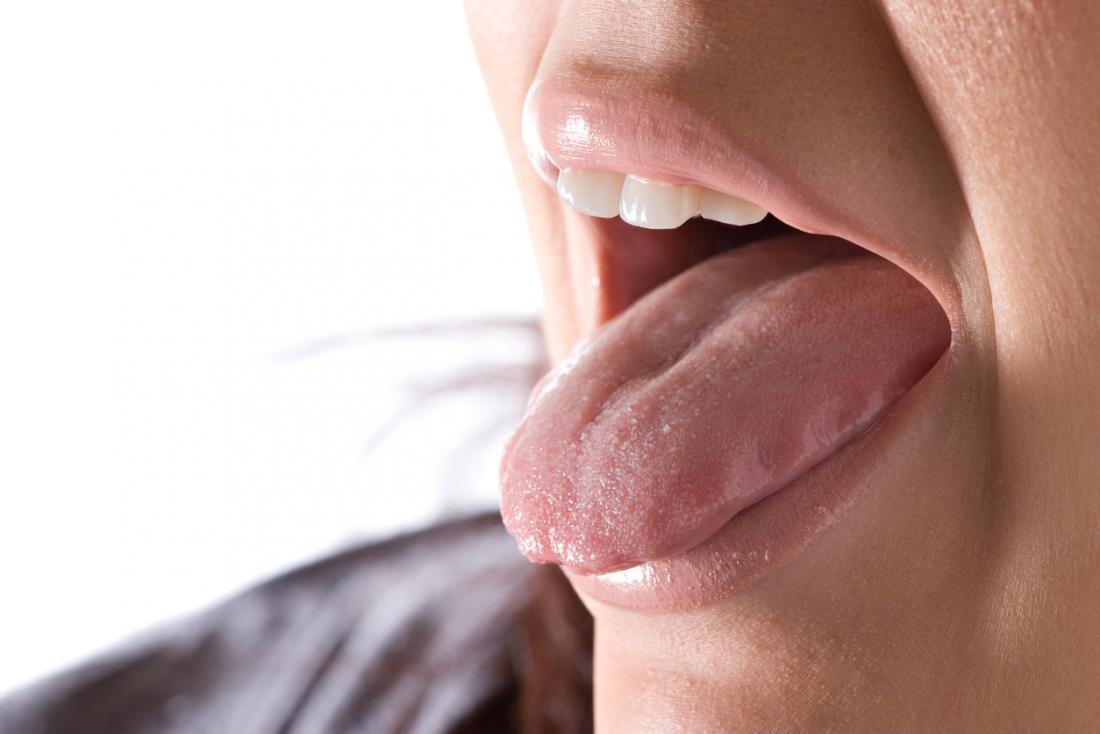Reductions in the Quantity of salivary secretions or Quality – changes in the properties of saliva are responsible for a host of related oral and dental problems which impact directly upon the Quality of Life .
These include:
- Difficulties in eating and speaking
- Alterations in taste (dysgeusia)
- Increased plaque formation
- Increased risk of dental caries, dental erosion, and periodontal diseases
- Mucosal abrasions and mucosal irritation
- Halitosis
- Candidoses
- Impaired retention of full dentures.
Also read: Saliva Circadian Rhythm
These oral problems may in turn influence medical status, in that patients lose interest in eating and may suffer from malnutrition as a consequence.
While the causes of Xerostomia may vary from simply being adverse side effects of medication , auto-immune disease like Sjogren’s Shyndrom , to that because of adverse effects of Radiation Therapy during treatment of the Head & Neck Cancer, resulting from the destruction of the Salivary Glands. Even Cancer Chemotherapeutic Drugs may cause transient Xerostoma. Xerostomia is observed even during Cancer Chemotherapy treatment.
Whatever the reason, Xerostomia has a devastating effect on the patients’ wellbeing.
Drug classes associated with causing xerostomia.
 Salivary Glands & Extent of Salivation
Salivary Glands & Extent of SalivationUn-stimulated Salivation:
Salivary Gland at rest: 0.5 L to 1.7 Liters of Saliva produced per day (basal rate) – (Others Report 0.7 to 1.5 Liters/day)
Major Salivary Glands:
Sub-mandibular and Sublingual Glands: 70% of Saliva
Parotid & Sub-mandibular: 90% of Saliva produced – i.e. Parotid Share ~ 25 % (Unstimulated) – Minor Glands: 5 % Saliva Production

